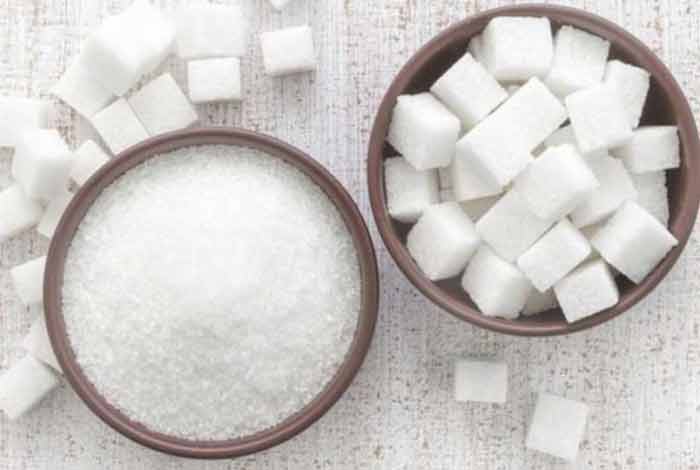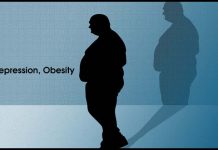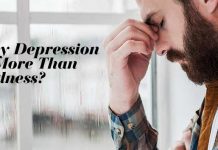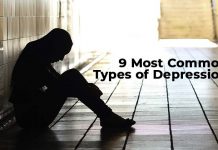
Anxiety and Depression Thrive on Sugar

You know that sugar is excessively dangerous for you if you are indulging too much in it. Despite being aware its ill effects, many Americans still take pleasure in having it.
There have been a lot of research depicting bad effects of sugar on the physical health. That’s why there are tips on every other website that you should cut down on sugar for losing weight and decreasing the chances of having obesity-related health conditions. While you know that limiting sugar intake can boost your physical health, it’s time to reconsider sugar for its mental health-related ill effects.
Sugar Gives You Extreme Highs and Lows
You might already be aware of sugar rush. Generally, people are able to cope with the rush and the subsequent crash with ease, but there are many, who pay a huge price for consuming a lot of sugar.
This is because eating too much of sugar can induce in you worry, sadness and irritability. It can intensify your problem, particularly if you have anxiety and depression. But, why is sugar problematic? When you eat a lot of sugar, insulin is released from the body to absorb the extra glucose in the blood and regulating the levels of blood sugar.
You may think that it is a great thing. Well, not really! Because of the sugar rush, the body has to work harder to get back to normal levels. If you have depression and anxiety, you might experience nervousness, irritability, foggy brain on a daily basis. Sugar simply aggravates the problem.
Even If It Is Not the Cause, It Can Worsen Your Condition
Don’t binge on sugar if you have anxiety. The strong high and corresponding crash can irritate you, shake you up and make you feel tensed.
This can exacerbate your anxiety. Not only this, sugar weakens the natural ability of the body to deal with stress, which causes anxiety. Some studies have explored the connection between anxiety and sugar, but they were based on animal models. Researchers are looking forward to conduct such studies on humans to better understand the link between sugar and anxiety.[1]
Sugar Can up the Chances of Depression
It’s difficult to control the cravings for sugar. PartSugaricularly, when you are having depression, food can work as a type of medication for you. But, if you use sugar to numb your emotions, let us tell you that this will only worsen the symptoms of fatigue and sadness.
When you consume sugar more than normal, some chemical imbalance occurs in the brain. This can trigger depression and can develop other mental health disorders too.
SugarA 2017 study found that men, who ate larger amounts of sugar (more than 67 gm) a day, had 23% more likelihood of being diagnosed with clinical depression in the next five years. Evidently, these results can be extended to women as well.[2]
Sugar Withdrawal Symptoms Might Be Similar to Panic Attack
When it is about leaving processed sugars, many people go cold turkey. But, it may not be a great option, especially if you feel you could suffer from a panic attack. Cutting out sugar can have side effects like anxiety, confusion and irritability.
Withdrawal symptoms are similar to that of some drugs. When someone is abusing a drug like cocaine, they experience withdrawal symptoms as they stop using the drug. Similarly, those, who consume a lot of sugar may go through withdrawal symptoms if they suddenly stop consuming sugar.
So, if you already have anxiety, complete prohibition is not your best bet. Suddenly, cutting out on sugar can be felt like a full-blown panic attack. And, if you already have anxiety, this effect may intensify.
Sugar Destroys the Power of Your Brain
Your stomach and tongue may be telling you to have that sugary dessert, but your brain has a totally different story to tell.
Researchers from UCLA found that if you eat diets high on fructose, then it may slow down your brain.[3] This can interfere with learning and memory too. Researchers have found that fructose can damage genes in the brain.
This could even cause Alzheimer’s, heart disease and diabetes. The primary sources of fructose in American diet is cane sugar and corn syrup. Although the study was conducted on rates, we can still consider its outcomes when making dietary changes for a brain health.










